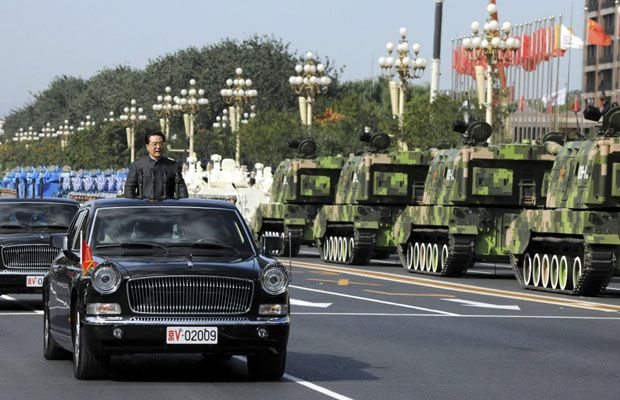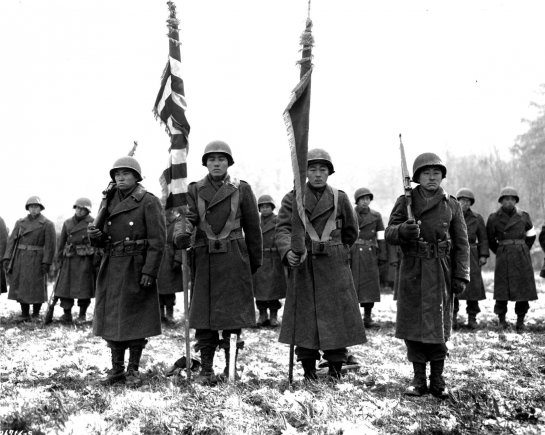China’s President Hu Jintao on Sunday called for Taiwan and the Chinese mainland to reunite, as he marked the 100th anniversary of the revolution that ended the nation’s long imperial history.
Speaking at a ceremony attended by top Communist Party leaders — including former President Jiang Zemin, who made his first public appearance since rumours emerged that he had died — Hu also ruled out Taiwanese independence.
“Achieving reunification through peaceful means is what most suits Chinese people’s fundamental interests, including Taiwan compatriots,” he said.
“We must strengthen our opposition to Taiwanese independence… and promote close exchanges and cooperation between compatriots on both sides.”
The ceremony at the Great Hall of the People marked the 100th anniversary of the Xinhai Revolution, which overthrew the Qing dynasty, bringing more than 2,000 years of nearly unbroken imperial history to an abrupt end.
The Republic of China then emerged, but it only lasted until 1949 on the mainland.
That year, the Communists took power and the remnants of the republic moved to Taiwan, which still calls itself the Republic of China although Beijing claims sovereignty over the self-ruled island.
“Working together to promote the peaceful development of cross-Strait relations… should be the goal of both sides,” Hu said, adding both should “heal the wounds of history”.
Relations between the two sides have improved markedly since the Beijing-friendly Taiwanese President Ma Ying-jeou came to power in 2008.
China is Taiwan’s largest trading partner, its largest investment destination, and now also home to a growing number of Taiwanese.
They, and thousands of short-term travellers, now have access to direct flights every week, whereas all air travel once had to go through Hong Kong.
On Sunday, two of China’s top carriers announced they would launch more direct flights to Taiwan, the state-run Xinhua news agency said.
China Eastern Airlines will increase the number of weekly direct flights between the eastern city of Hefei and Taiwan’s capital Taipei from October 31.
China Southern Airlines, meanwhile, will increase its weekly direct flights between the northeastern city of Shenyang and Taipei from November 1, the report said.
But many Taiwanese are wary of the military threat posed by China, which has never given up on its goal of regaining the island, by force if necessary.
Hu reiterated that China was committed to peaceful development, amid concerns about the nation’s military build-up and growing territorial assertiveness.
“China was, is, and will be a positive force for maintaining world peace and promoting common development,” he said.
Beijing has repeatedly sought to alleviate fears over its pursuit of sophisticated missiles, satellites, cyber-weapons and fighter jets, stressing that its policy is “defensive in nature.”
But its neighbours view with concern China’s increasing assertiveness in its claims over the East and South China Seas, most of which it considers its maritime territory, but where other Asian nations have competing claims.
As Hu spoke, Jiang was shown sitting alongside other top officials at the ceremony — broadcast live on state television — looking frail and tired.
It was the 85-year-old’s first appearance in public since rumours emerged in July that he had died, which eventually forced Xinhua to issue a rare public denial.











